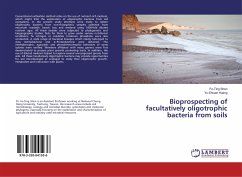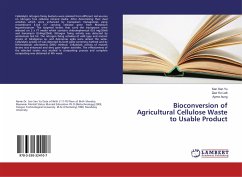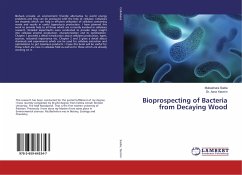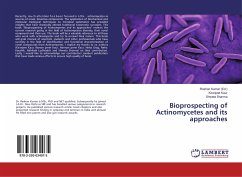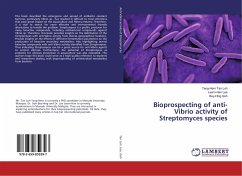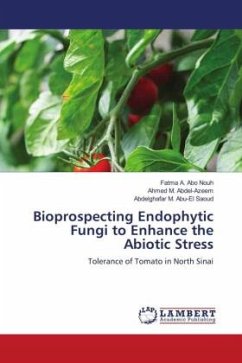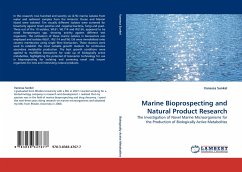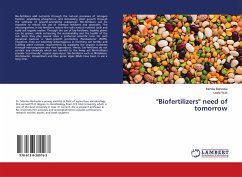Conventional cultivation method relies on the use of nutrient-rich medium, which might limit the exploration of oligotrophic bacteria from soil ecosystems. In the present study attempts were made to isolate oligotrophic bacteria from non-rhizospheric samples collected from mountain roadside, beach, bay and wetland using 1000-fold diluted nutrient agar. All these isolates were subjected to phylogenetic and biogeographic studies. Tests for them to grow under various nutritional conditions, fix nitrogen or solubilize tricalcium phosphate were also conducted. A wide range of bacterial lineages which mainly belonged to class Actinobacteria and -Proteobacteria were obtained. The methylotrophic, agarolytic and photoheterotrophic behaviors of some isolates were verified. Members affiliated with many genera were first demonstrated to possess plant growth promoting traits. In addition, the use of diluted medium helped to explore several unrecognized species from soils. All these facultatively oligotrophic bacteria may provide opportunities for soil microbiologist or ecologist to study their oligotrophic growth, metabolism and interaction with plants.
Bitte wählen Sie Ihr Anliegen aus.
Rechnungen
Retourenschein anfordern
Bestellstatus
Storno

